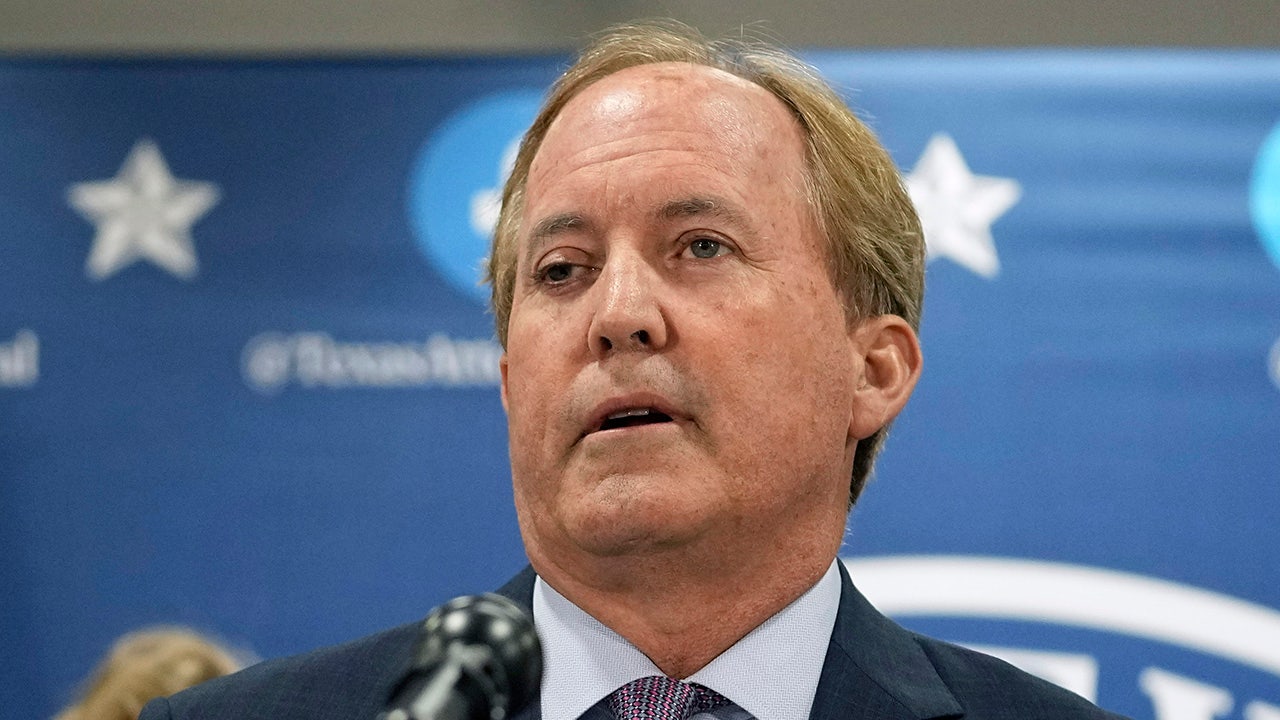Tech and business executives should take the lead on setting strategy for the state’s public universities and technical colleges, Gov. Spencer Cox indicated this week, announcing his 10 nominees for the newly redesigned Utah Board of Higher Education.
They include Aaron Skonnard, co-founder and CEO of online training company Pluralsight, and Amanda Covington, chief corporate affairs officer for the influential Larry H. Miller Company, with interests from real estate to health care to finance to the Salt Lake Bees to Swig soda shops.
After an audit criticized the current board last year for not effectively overseeing the state’s higher education system, lawmakers this spring approved the second overhaul of the board within the past three years.
Under SB146, signed into law by Cox in March, the board is shrinking from 18 members to 10, which will include one student. The new board is charged with using data and metrics to set goals and evaluate the performance of the state’s 16 universities and colleges, including technical colleges, and taking on a stronger accountability role with them.
One major new responsibility for the board is governing shared services and considering effective systemwide programs that would save the state money, said Rep. Karen M. Peterson, R-Clinton, one of SB146′s sponsors.
”And the second important change is they will do program reviews,” Peterson said. “And so they can look at, for example, all the nursing programs in the state and make sure we have good coverage across the state.”
None of the members of the existing board were nominated to the new board by Cox. His picks must be approved by the Utah Senate, and would take office on July 1. No hearing dates or invitations for public comments on the nominees were announced this week.
In addition to Skonnard, nominees from Utah’s tech scene include Cydni Tetro, CEO of commerce platform Brandless; Tina Larson, president and COO at Recursion, a biotech company; and former surgeon Steve Neeleman, the founder of HealthEquity, a financial technology and business services company.
Other business leaders include Danny Ipson, CFO and managing member at DATS Trucking/Overland Petroleum; attorney Javier Chavez Jr., the founder of Cerveza Zólupez Beer Company in Ogden; and Jon Cox, the principal at prominent lobbying firm Utah Public Affairs and a distant cousin of Gov. Cox.
Cox also nominated Sharon Eubank, first counselor in the Relief Society General Presidency for The Church of Jesus Christ Latter-Day Saints. The student nominee is Holly Talbot, who attends Uintah Basin Technical College and is also taking prerequisite courses at Utah State University.
To create staggered six-year terms, Cox will decide which new members are assigned initial terms of two, four or six years, Peterson said.
At the current board’s size of 18 members, Utah has had the largest board of surrounding states, the 2022 audit noted. The new smaller-sized board is expected to be more effective, Peterson said.
”Broadly speaking, when we talk about good board governance, and when you want an oversight board, as opposed to a board that’s very much in the weeds of what’s happening,” she said, “these boards that are high-level, they do better when they’re a little bit smaller.”
The Utah Board of Higher Education, in addition to setting statewide policies and goals, is responsible for submitting higher education budget requests to the governor and lawmakers and selecting and evaluating college and university presidents.
The board was last re-envisioned in 2020, when the Utah System of Higher Education for traditional universities and the Utah System of Technical Colleges were combined. Cox thanked the current board members for their work on that change.
“From merging technical colleges and degree granting schools into the same governance structure to keeping tuition low, members of the board have served Utahns well and helped create a path for all future post-secondary students in Utah,” Cox said in a news release.
Here’s more information about the nine candidates nominated with Talbot, the proposed student member.
Javier Chavez Jr.: Chavez is an attorney and founder of Cerveza Zólupez Beer Company. He serves on the board of directors for Give Me a Chance, Inc, a nonprofit dedicated to helping disadvantaged women and children in northern Utah. He holds a bachelor’s degree from the University of Utah and an MBA from Boston College, where he also received his law degree.
Amanda Covington • Covington is chief corporate affairs officer for the Larry H. Miller Company. She currently serves as a trustee for Weber State University and Davis Technical College, although the new law will prohibit her from serving simultaneously on the higher education board and an institution (college or university) board. She also is a board member for the Utah Women’s Leadership Institute and for the World Trade Center Utah, and serves on the advisory board for First lady Abby Cox’s ShowUp Utah! Initiative. She is a member of the board of directors for the Salt Lake Chamber of Commerce. She received an honors bachelor’s degree and a master of public administration from the University of Utah.
Jon Cox: Cox is the principal at Utah Public Affairs, a prominent lobbying firm, and a distant cousin of Gov. Cox. He previously served as a Republican member of the Utah House of Representatives and on the Sanpete County Commission, and was a spokesperson for former Gov. Gary Herbert and the late former U.S. Sen. Bob Bennett. He was an assistant professor at Snow College from 2011 to 2015.
Sharon Eubank: Eubank is the first counselor in the Relief Society General Presidency for The Church of Jesus Christ Latter-Day Saints. She previously served as a full-time missionary for the church in the Finland Helsinki Mission. Eubank received her bachelor’s degree in English from Brigham Young University. After graduation, she taught English as a second language in Japan, worked as a legislative aide in the U.S. Senate and owned a retail education store in Provo.
Danny Ipson: Ipson is the CFO and managing member at DATS Trucking/Overland Petroleum. He also serves on the Utah Tech University Board of Trustees. He earned a bachelor’s degree in accounting and business management from Southern Utah University.
Tina Larson: Larson is the president and chief operating officer at Recursion, a clinical-stage biotechnology company with offices in The Gateway in Salt Lake City. She also serves as board chair for antimicrobial company Revagenix and serves on advisory boards for the Utah System of Higher Education Deep Technology Initiative and Colorado State University’s College of Engineering. She received her bachelor of science in chemical engineering from Colorado State University.
Steve Neeleman: Neeleman is a former surgeon and the founder of HealthEquity, a financial technology and business services company. He also serves on the Council for Affordable Health Insurance HSA Working Group, and on America’s Health Insurance Plans’ HSA Leadership Council. Neeleman holds a bachelor’s degree from Utah State University. He attended medical school at the University of Utah and completed his surgical training at the University of Arizona. He also served as an assistant professor of surgery at the University of Arizona.
Aaron Skonnard: Skonnard is the co-founder and CEO of Pluralsight, a technology workforce development company. He is also co-founder and board member of Silicon Slopes, a nonprofit aimed at supporting Utah’s tech community. He received his bachelor of science from BYU.
Cydni Tetro: Tetro is CEO of Brandless, an omnichannel commerce platform. She is also an adjunct professor at BYU. She’s a board member of SelectHealth, Intermountain Healthcare, Swire Coca-Cola, Utah Valley University and sits on the Governor’s Economic Forum. Tetro holds an MBA and a bachelor’s degree in computer science from BYU.
































